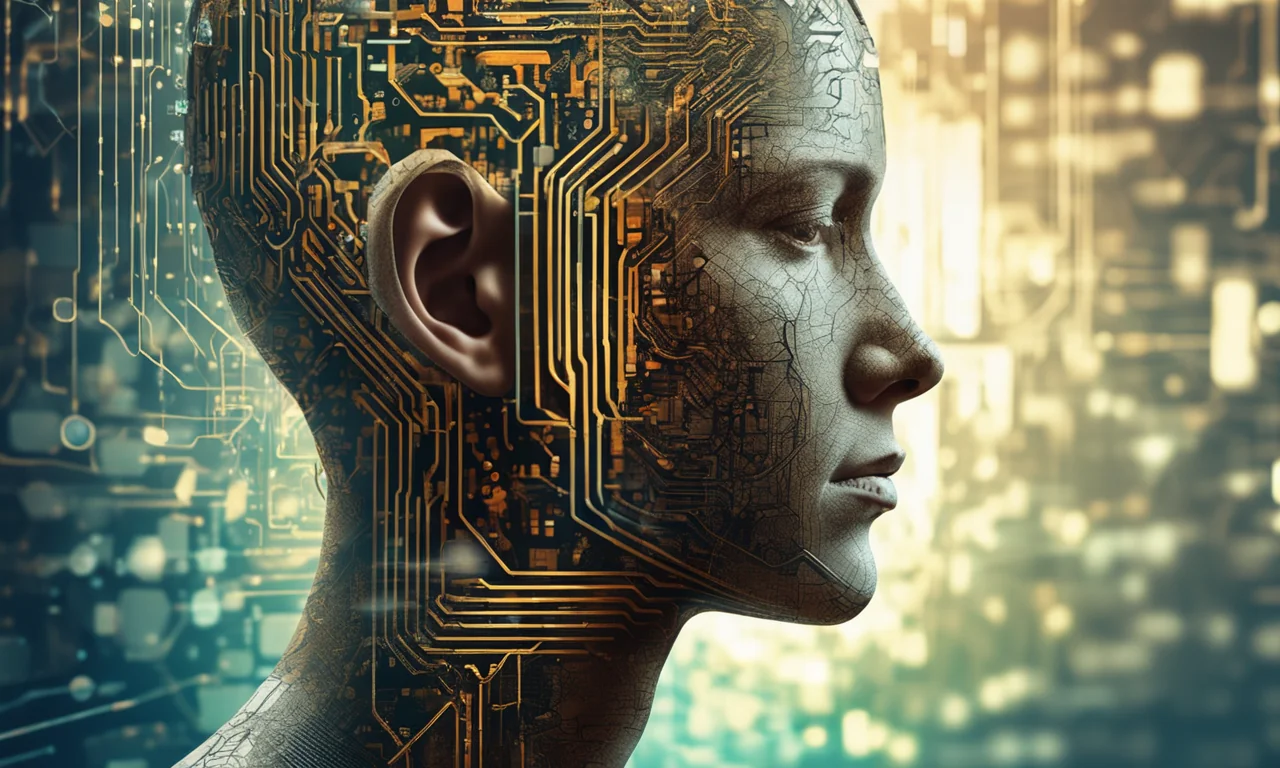
AI Transforms Creative Industries and Challenges Governance Models
The convergence of artistic innovation, strategic evolution, and ethical debate is redefining the role of artificial intelligence.
Today's conversations on Bluesky reveal a dynamic landscape in artificial intelligence, where creative applications, ethical considerations, and transformative trends converge. From the emergence of AI-generated art and literature to the challenges of governance and the future of work, decentralized communities are pushing the boundaries of what AI can mean for both individuals and industries. This briefing distills the day's top discussions into three core themes: creative disruption, strategic evolution, and societal reflection.
Creative Disruption: AI's New Frontiers in Art, Literature, and Cinema
Bluesky users are increasingly exploring how AI reshapes creative expression, with posts highlighting its role as both muse and maker. The rise of AI companions and emotional engagement is drawing attention to the complex relationships forming between humans and artificial entities. Meanwhile, literary creators like LB Foxx are leveraging AI to push boundaries in genres such as dark erotica, blurring lines between human authorship and algorithmic collaboration.
"If you think writing with AI means the story can't spark an ache, read my pages. Then tell me—did I make you kneel?"- @lbfoxxx.bsky.social (9 points)
In film, industry figures like Paul Schrader are contemplating the imminent arrival of the first fully AI-generated movie, as outlined in a recent post that discusses both the objective promise and human limitations of AI as a creative tool. These conversations underscore a paradigm shift, where AI not only augments but fundamentally redefines artistic production and critique.
Strategic Evolution: AI Governance, Security, and the Future of Work
On the enterprise front, analysts are forecasting a wave of strategic innovation, with new technology trends pointing to AI-native development platforms, modular architectures, and domain-specific language models. The organizational challenge of “shadow AI”—paralleling the spread of spreadsheets decades ago—is debated in reflections on AI's democratizing impact on work and the necessity for proactive governance.
"AI agents will similarly democratize action, potentially leading to a much larger and more complex 'shadow AI' problem with fragmented decision-making."- @knowentry.com (5 points)
Research into smarter AI agents is also gaining traction, with posts examining critical factors for performance such as data quality and reasoning strategy. Discussions of leadership and readiness for digital transformation stress the importance of embracing change while maintaining robust oversight.
Societal Reflection: Ethics, Education, and the Human-AI Relationship
Beyond technical advances, Bluesky's decentralized voices are engaging with the ethical and educational dimensions of AI. Posts such as Drop 746 — Scroll of the Right Direction and LIFE Addendum Entry poetically reflect on constitutional AI, security, and societal resistance, emphasizing the need for literacy and ethical frameworks in technology adoption.
"We're two years away from the first entirely AI-generated feature film, and the flaws of a human critic may be part of the appeal."- @filmtalk.org (3 points)
Conversations also highlight the importance of accessible expert analysis and informed choices, as demonstrated by posts offering subscription models for AI journalism. Together, these perspectives illustrate a growing awareness that AI's impact extends beyond efficiency and innovation, demanding thoughtful engagement with its role in shaping collective values and everyday life.
Data reveals patterns across all communities. - Dr. Elena Rodriguez